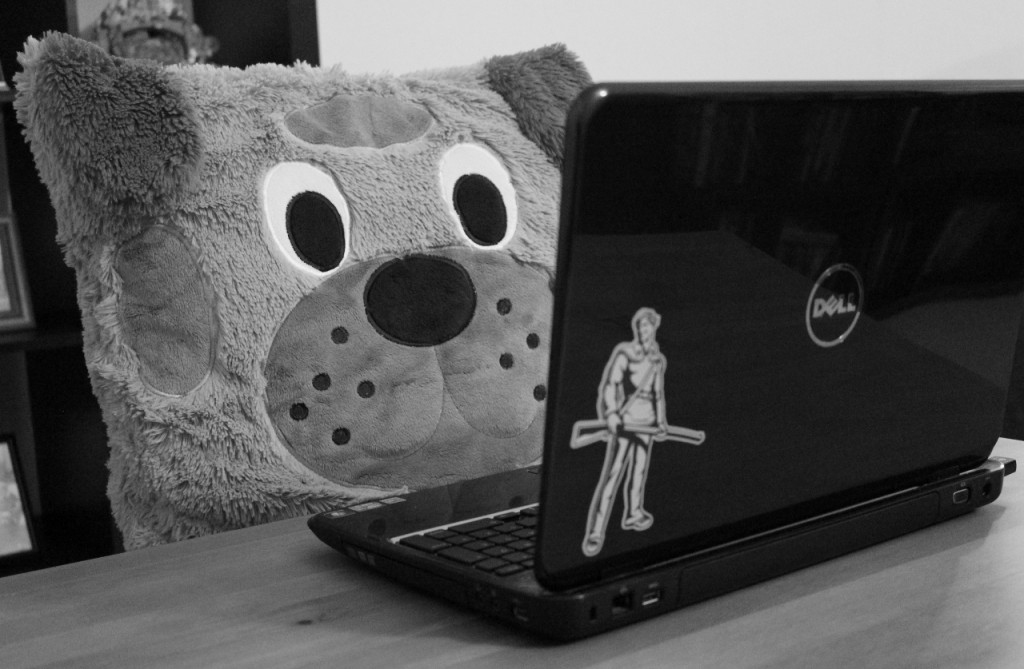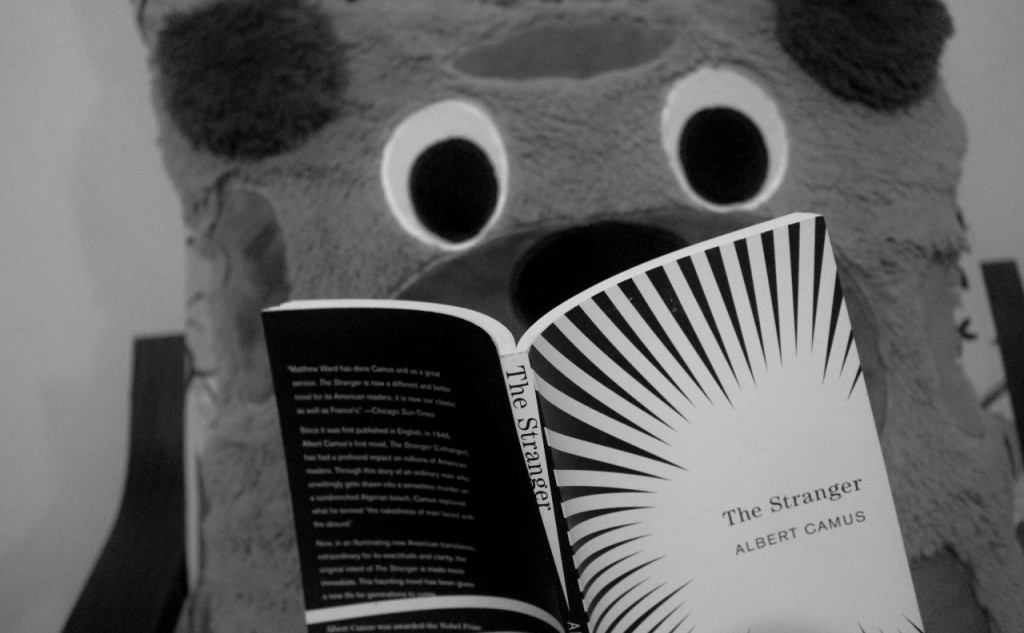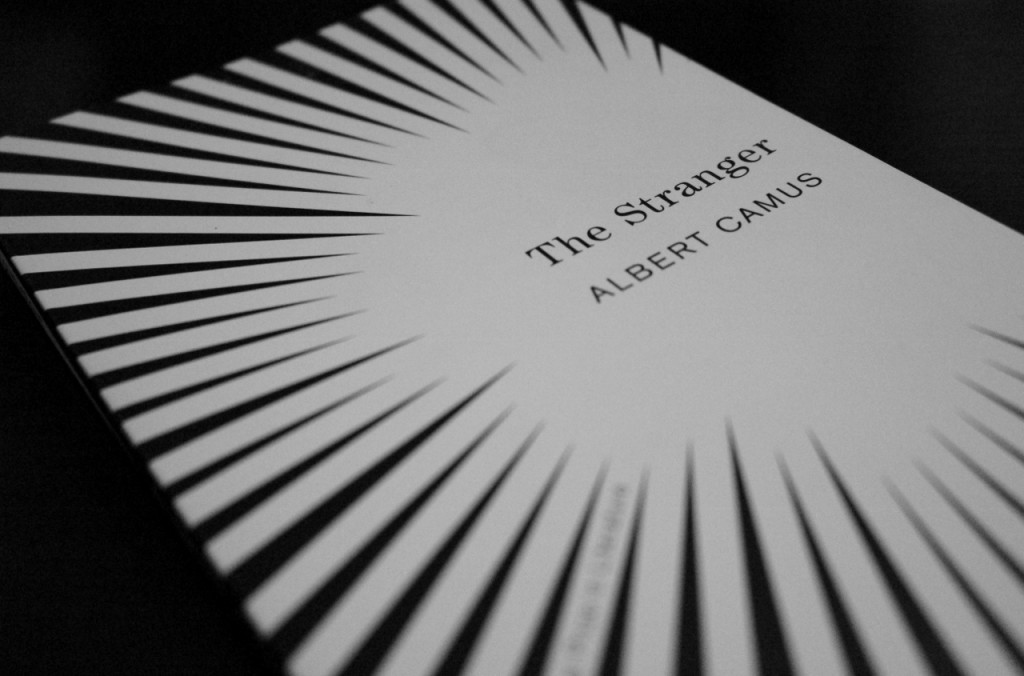 Deadspin recently ran a great piece that was ostensibly about the expense of weddings and the tendency of some couples to lose sight of the only necessary components of a wedding: two people wanting to get married and the person of official authority who can make it legal. In such scenarios – and in everyday life – it can be hard to keep things in perspective. However, the author, Albert Burneko, goes well and truly beyond the wedding example and touches on being practical, tempering expectations and – if one reads between the lines – doing the work.
Deadspin recently ran a great piece that was ostensibly about the expense of weddings and the tendency of some couples to lose sight of the only necessary components of a wedding: two people wanting to get married and the person of official authority who can make it legal. In such scenarios – and in everyday life – it can be hard to keep things in perspective. However, the author, Albert Burneko, goes well and truly beyond the wedding example and touches on being practical, tempering expectations and – if one reads between the lines – doing the work.
Life is only as complicated as you make it
The wedding example is a classic – a couple can convene at the courthouse and be Mr. and Mrs. in less than thirty minutes OR many thousands of dollars can be spent on venues, travel, outfits, food, flowers, cake, drinks, favors – the list can go on forever.
That is, it can go as far as you want it to. Burneko’s point is that you should only take that list as far as two considerations will reach:
1) What do you actually want?
2) What can you afford?
To go beyond either limitation is to have lost perspective. To arrange more than you actually want is silly – to arrange more than you can afford is irresponsible. To surpass either limit and then complain about the outcome is a great way to lose friends.
Be ambitious, but temper your expectations
Burneko’s own example of his basketball dreams is too great to not just quote directly:
Sadly, bitter experience and a dawning awareness of the harsh realities of genetics taught young [Burneko] that, at the very least, becoming Penny Hardaway would require many millions of dollars, as well as several still-far-off and probably completely ludicrous advancements in the likely nonexistent scientific field of Replacing Young Boys’ Entire Bodies With Much Larger and More Athletic Bodies for the Fulfillment of Sports Fantasies. This was quite a bummer.
He knew he would never be Penny Hardaway, but he goes on to make the point that this does not mean he couldn’t (or shouldn’t) play basketball – or that playing the game required anything other than a ball and a hoop.
Just because you can’t have everything doesn’t mean you have failed or that you can’t have anything. To not play basketball because it would not likely lead to NBA stardom is to not be in touch with reality. Ambition is important, but tunnel-vision that limits your potential is a dangerous trap that should be avoided.
So get started
Even though it goes beyond his thesis, my main takeaway from Burneko’s piece was the next logical step to his commentary: do the work. It has long been my ambition to be a novelist and last April I took an important step – the only step neccesary, in fact – toward that goal: I began to write a novel.
The process of writing a novel can also be expensive… if you want it to be. Professional cover design, paid promotion, the opportunity cost of foregone salary if you decide to quit or take leave from your day job.
Or it can be done for essentially nothing. Really, you just need words. Any number over 50,000 will do nicely. Cover designs can be simple (and are hardly an upfront consideration), marketing can be done for free via social media, and there is no opportunity cost (outside of less time for House of Cards) if you commit to writing in your free time.
But what if my ambition is to write the Great American Novel or to be as acclaimed as my own favorite author, F. Scott Fitzgerald? Well, that’s a nice thought and a lofty goal indeed, but I would do well to keep my expectations a little more grounded.
I’m probably not the next Fitzgerald, and that’s OK. It hasn’t stopped me from doing the work. I have my story and when I have my allocated time I flirt with the muse and begin to type. Sometimes I’ll write a sentence or maybe a mere phrase that I convince myself is worth reading – potentially Fitzgerald-esque. I’m probably wrong, but it feels good anyway. If I let the minuscule odds of achieving literary immortality keep me from trying, I wouldn’t have that feeling of accomplishment.
Don’t complicate matters unnecessarily and lose sight of the nuts and bolts.
Don’t forego an activity because there is a chance you won’t be the best.
Set the bar high, but keep your feet on the ground.
Do the work.




